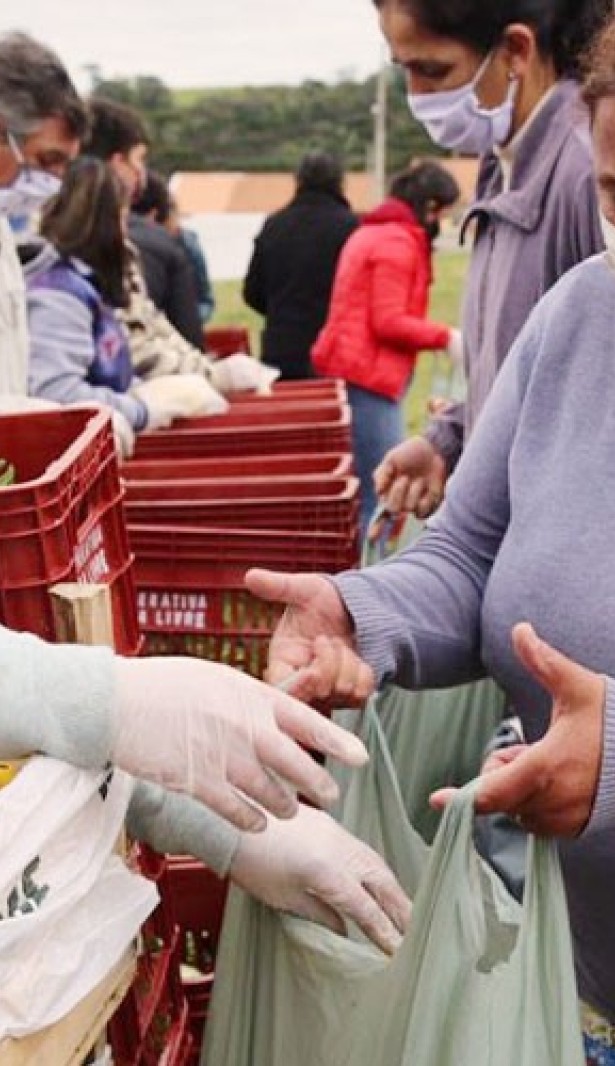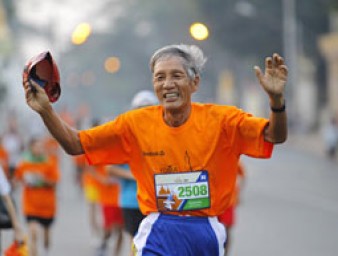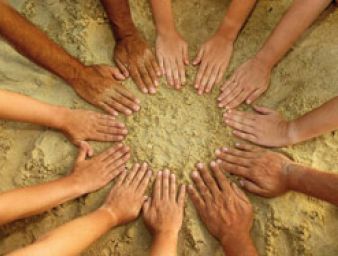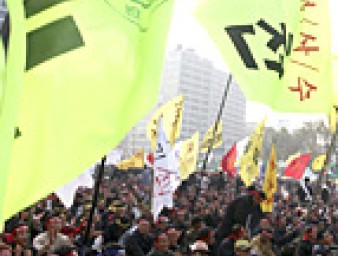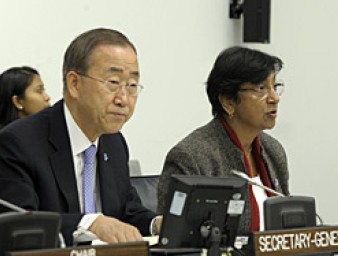COVID-19 and the right to development: a call for international solidarity
18 September 2020
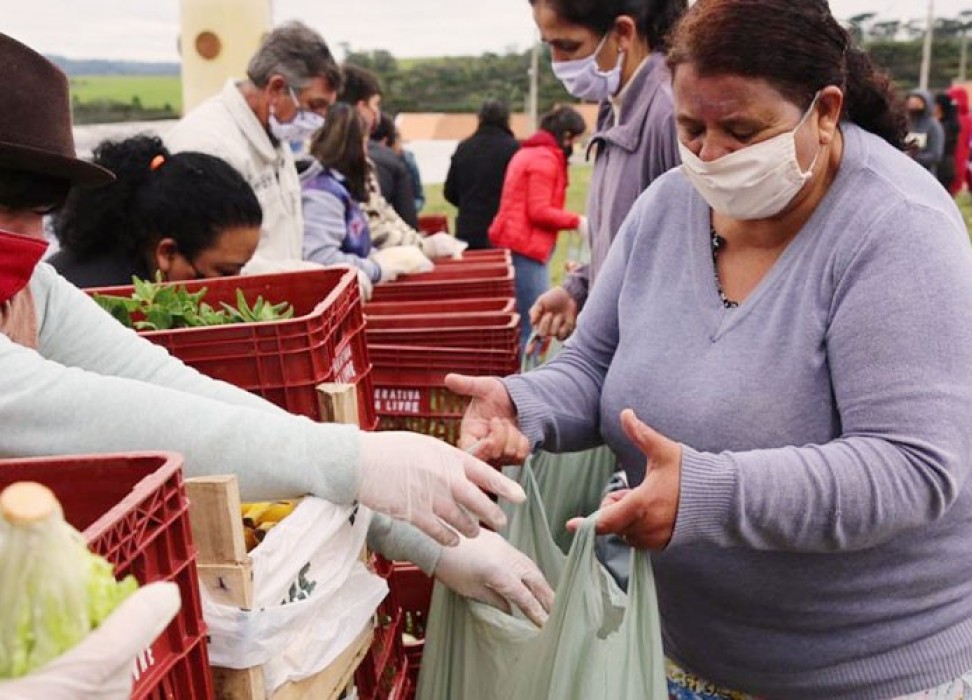
Stronger international cooperation and solidarity is key to fighting the COVID-19 pandemic, said participants of a panel discussion on the right to development at the 45th Session of the Human Rights Council.
“At the heart of every story, every statistic, there is a human being – a person with inalienable rights, including to participate in, contribute to and enjoy her right to development.”
The High Commissioner for Human Rights Michelle Bachelet was speaking at a panel discussion on COVID-19 and the right to development that took place this week at the 45th Session of the Human Rights Council.
The event called for renewed global partnership, international cooperation and solidarity to face the pandemic and its consequences.
“Beyond the health emergency, COVID-19 is a profound human crisis, deeply rooted in discrimination and inequalities,” said Bachelet.
To address the stark inequalities the pandemic is bringing to the fore, Bachelet called for human rights, shared responsibility and global solidarity.
“Solidarity goes to the soul of the right to development,” she said.
Adopted in 1986, the United Nations Declaration on the Right to Development proclaimed that development is an inalienable human right of all individuals and peoples. It recognised that equality of opportunity for development is a prerogative of nations and of individuals who make up nations.
Underscoring the right to development is the duty of international cooperation, key to an effective response to and recovery from the pandemic.
“Recovering from COVID-19 is a chance to reverse longstanding cycles of poverty and inequality,” continued Bachelet. “Build back better means stop looking the other way.”
“Health is not a luxury item for those who can afford it; it’s a human right” said Dr Tedros Adhanom Ghebreyesus, Director-General of the World Health Organization, who also spoke at the event.
He reiterated that the global threat of the pandemic demands a global response.
“By adopting a human rights-based approach in the COVID-19 response and recovery, we can minimise sickness and death, especially among the most disadvantaged people.”
The threat of “vaccine nationalism”
The surge of isolationist national health policies to fight the pandemic was also a key issue raised throughout the discussion.
Carlos Correa, the Executive Director of the South Centre, said that the rise of “vaccine nationalism” ignores the need for a global solution. He said many developed countries are pushing for national production and supply of COVID-19 treatments and vaccines, disregarding the needs of people beyond their borders.
He urged for vaccines and medicines to be considered as “global public goods.”
Speaking on behalf of the Non-Aligned Movement, Ambassador Vaqif Sadiqov, Permanent Representative of the Republic of Azerbaijan, also stressed the need for equitable access to diagnostics, therapeutics and vaccines.
A ‘perfect economic storm’
In addition to COVID-19 health policy, the need for new development models in the face of a massive funding gap was discussed.
To address the fall-out from COVID-19, we need to rethink development models, according to Abdulla Shahid, Minister of Foreign Affairs of The Maldives. Meeting the needs of the most vulnerable must be the yardstick to measure success, he said, and cooperation is key to debt relief and investment, and to unleash the creative potential of all economies.
For Isabelle Durant, Deputy Secretary-General of the United Nations Conference on Trade and Development, COVIID-19 has created a "perfect economic storm." Noting that developing countries are facing an abysmal funding gap of two to three trillion US dollars, she expressed support for broad collaboration on the right to development, including closing digital divides and enhancing connectivity.
A human person at the heart of every story
Amidst the calls from leaders for policy action on health and economy, was the story of an eight-year-old Zambian boy, Martin, in the final stages of HIV/AIDS. He had lost both his parents to AIDS, at a time when antiretroviral treatment was still not available.
Recounting his story was Dr. Maria Mercedes Rossi, Main representative of the Associazione Comunità Papa Giovanni XXIII, and a former missionary doctor. When she visited Martin at hospital and asked what he wanted: “He looked at me with those big eyes and replied: “Dr. Maria, bring me the medicines.”
Dr. Rossi linked Martin’s story to today’s COVID-19 crisis, urging that the right to development and international solidarity be unlocked for the common benefit of all humanity.
“The poor of the world, like Martin, do not need charity, but justice. They do not need empty words. They need our action now,” she concluded.
Towards recovery: a call for bold policies
With the COVID-19 pandemic exposing deep inequalities and structural injustices, global solidarity, strong leadership and renewed multilateralism are urgent and imperative, according to the panel.
For Bachelet, closing the gaps in health and social protection systems can go a long way in building resilience to future crises. She said that fighting COVID-19 calls for bold policies, financial and technical support to countries and communities in need including through urgent debt relief.
“Everyone must benefit from response and recovery efforts, including scientific and technological progress,” she continued. “All human rights are universal, indivisible, interdependent and interrelated – They should be integral to countries’ plans, programmes and policies in implementing the Sustainable Development Goals. The right to development is no exception.”
18 September 2020
